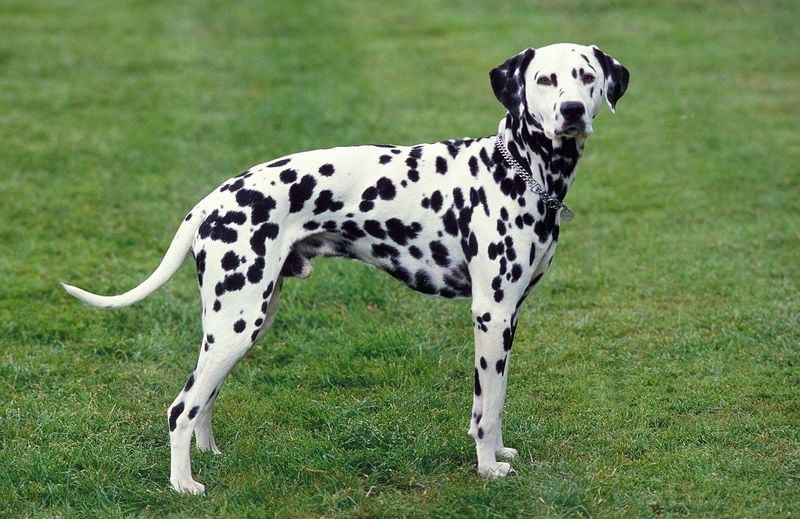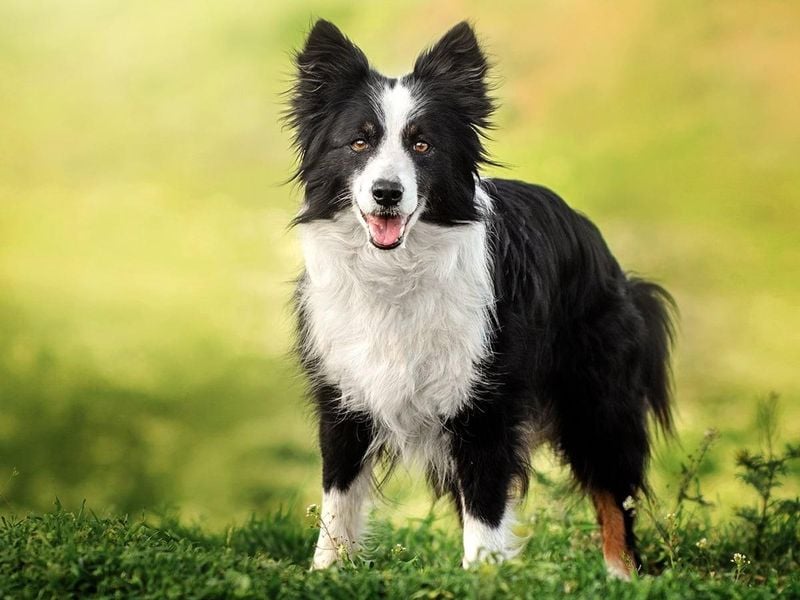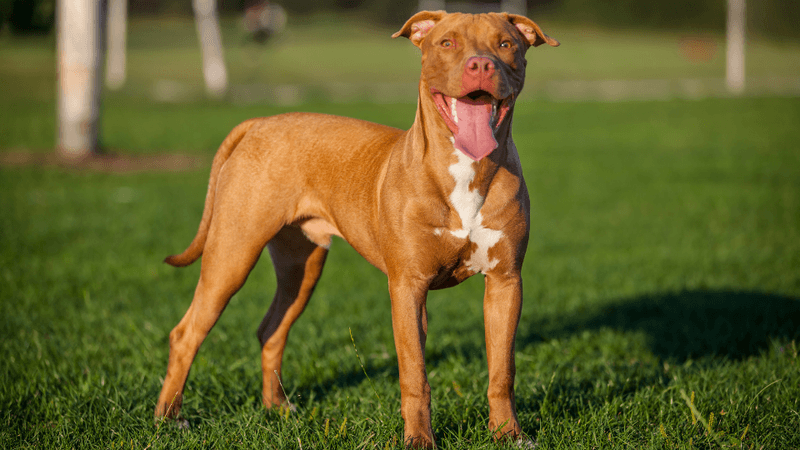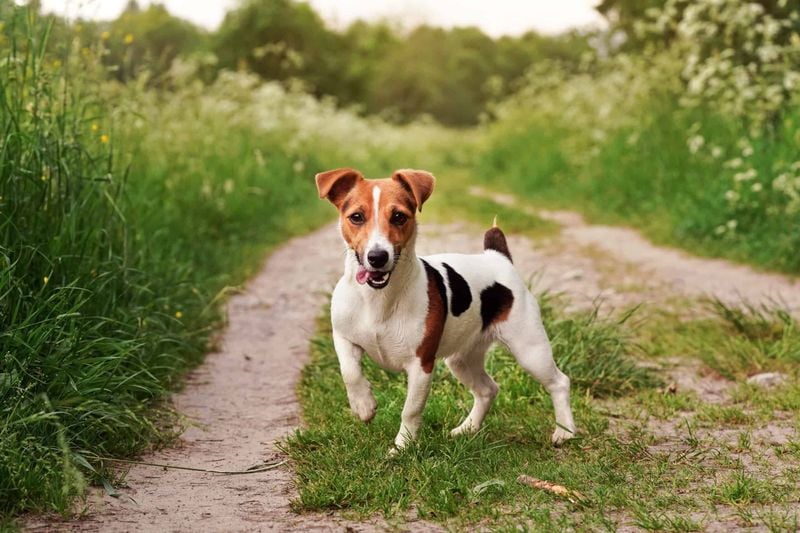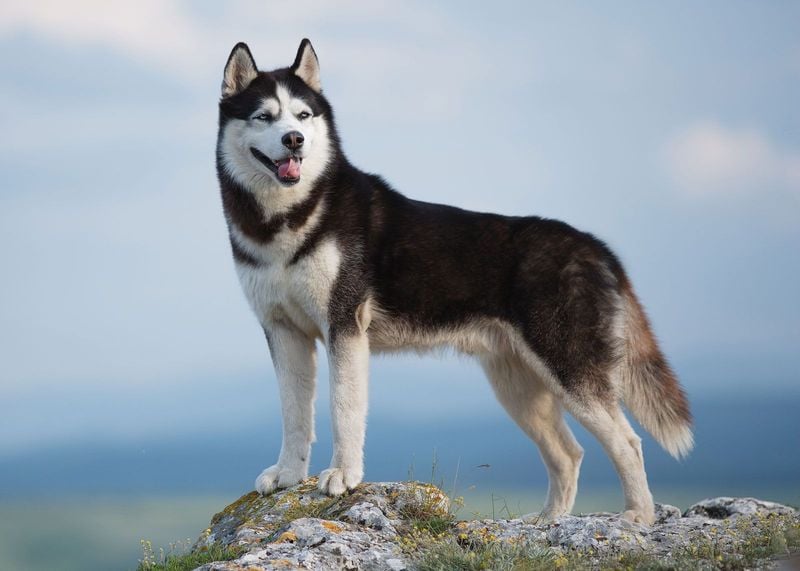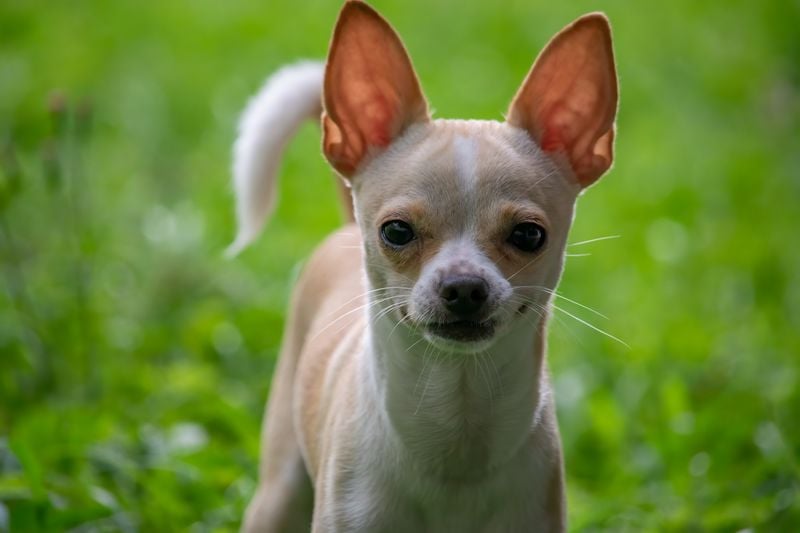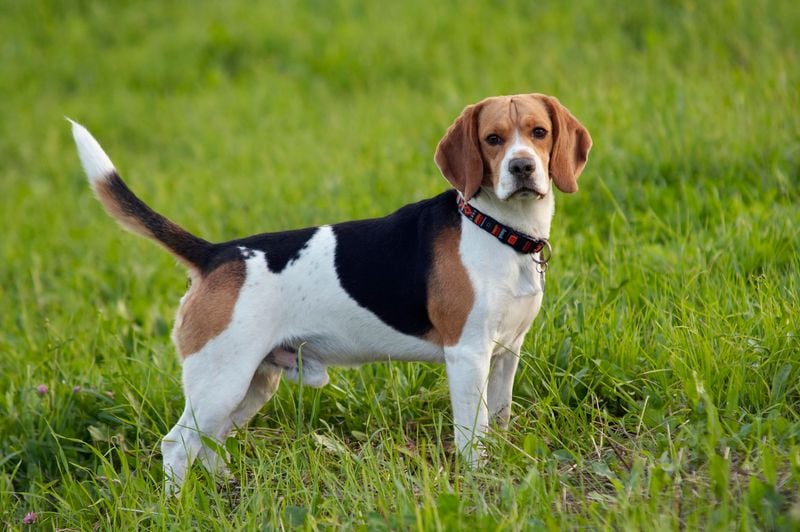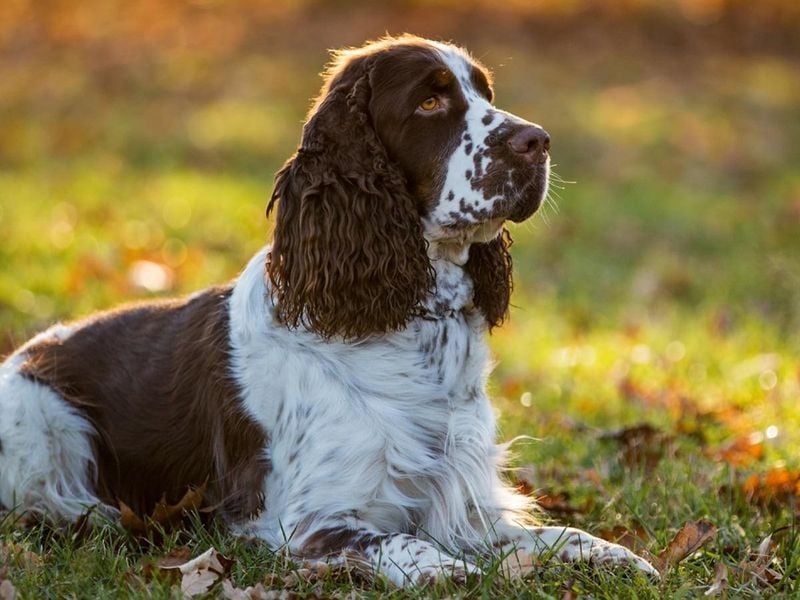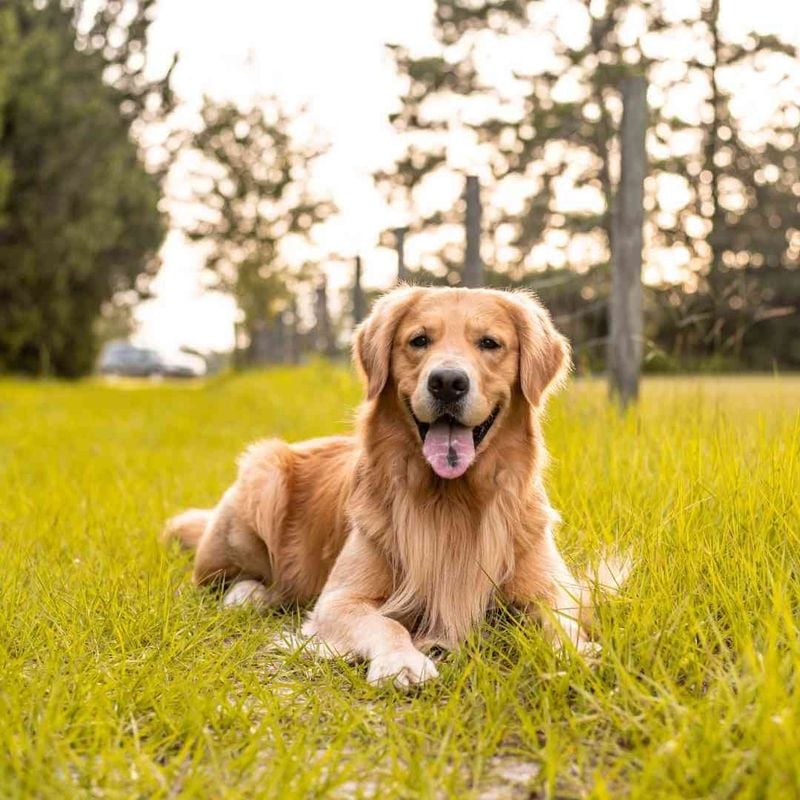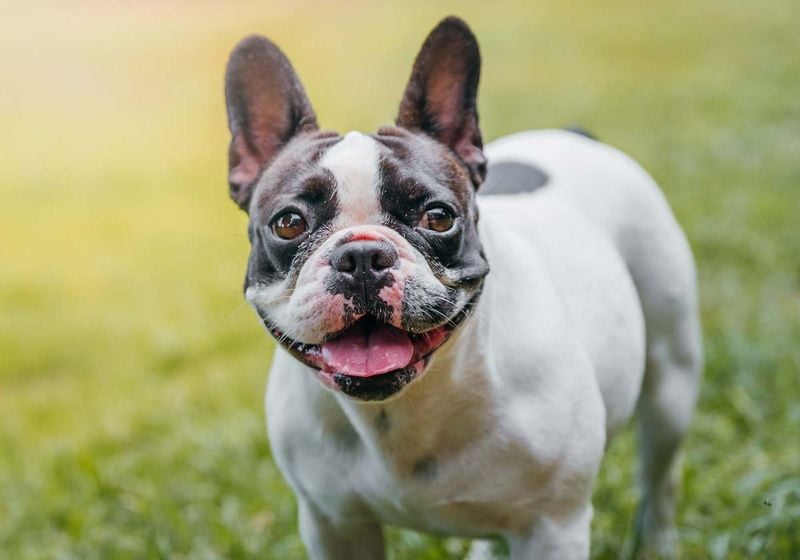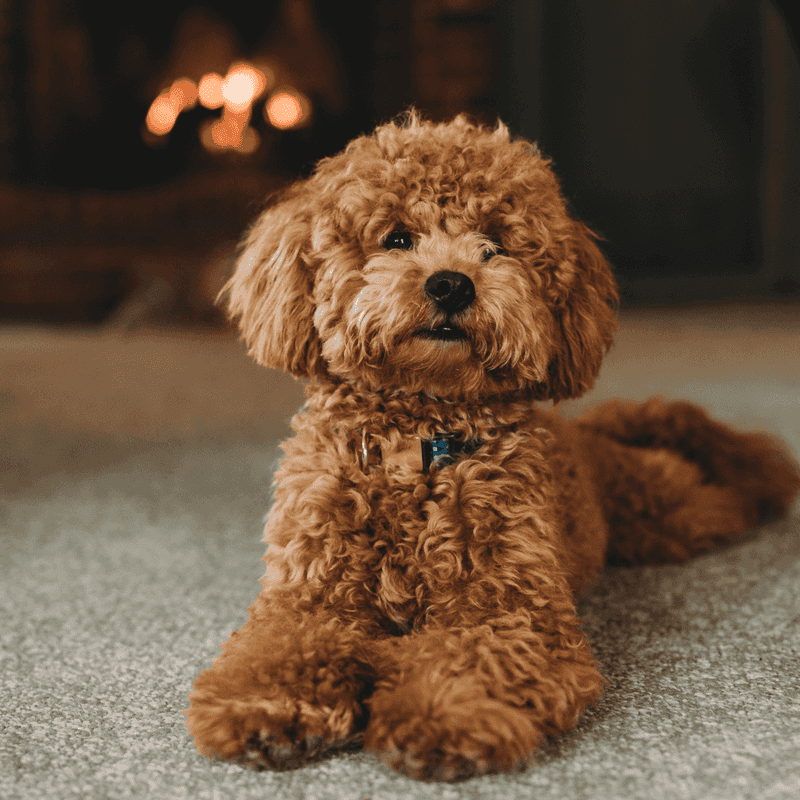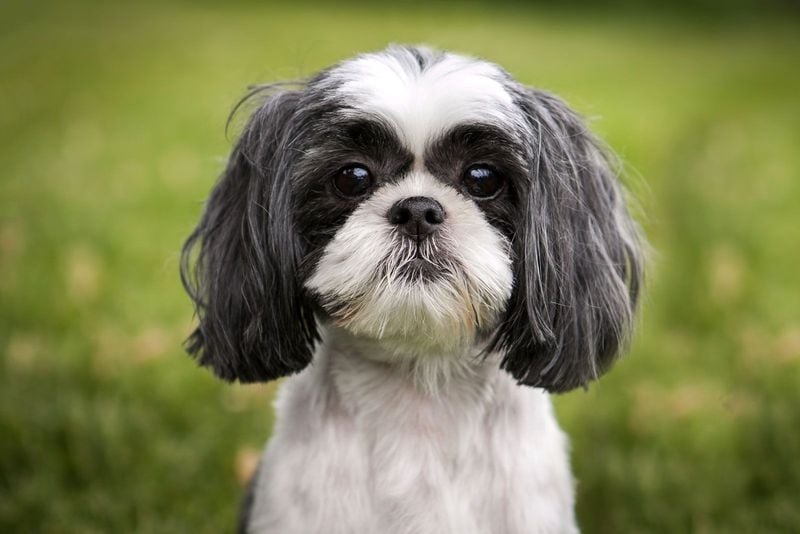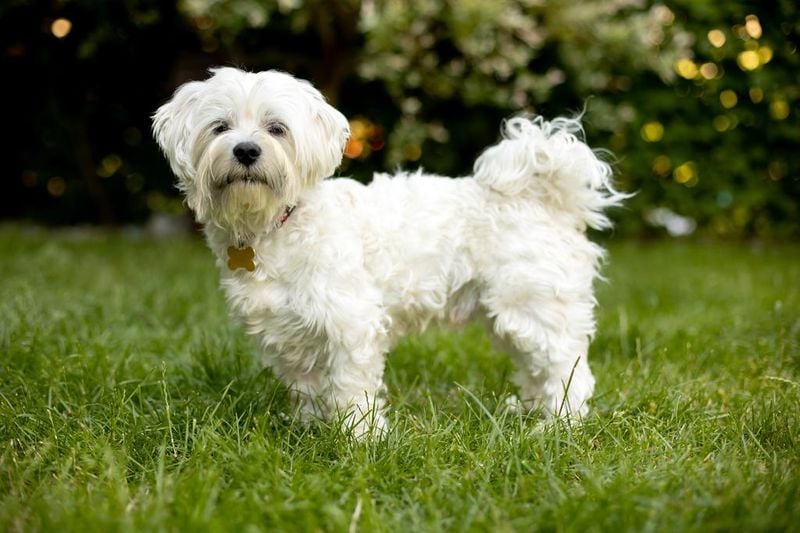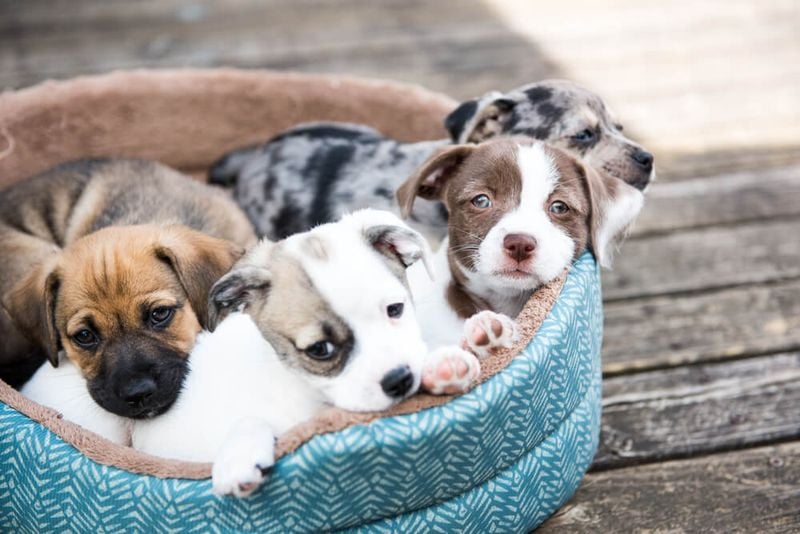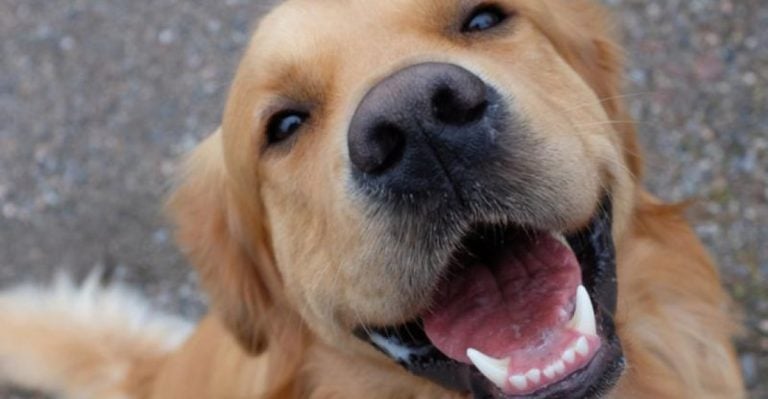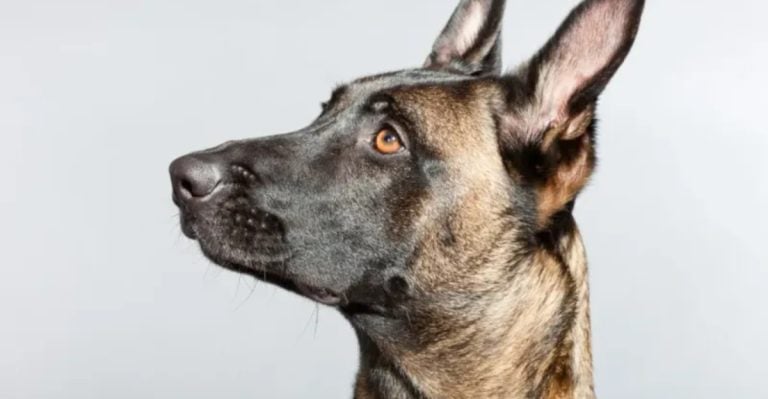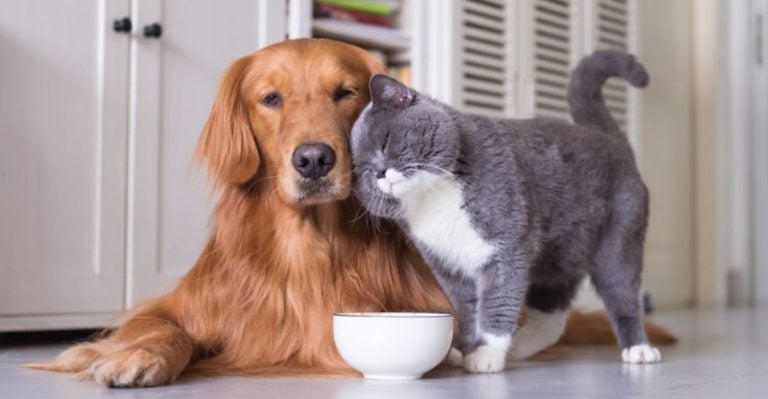10 Dog Breeds Most Frequently Returned To Shelters (And 8 That Are Quickly Adopted)
Finding the perfect furry friend can be tricky—especially when you’re not sure which dog breeds are the best fit for your lifestyle. While every dog deserves a loving home, some breeds come with specific needs that new owners may not be prepared to meet. High energy levels, strong-willed temperaments, or significant grooming and training requirements can catch people off guard, resulting in heartbreaking returns to shelters.
On the flip side, some dogs seem to find forever homes almost instantly. These breeds tend to be more adaptable, easier to train, or simply more compatible with a wide range of households, making them favorites among adopters.
If you’re thinking about adopting, understanding which breeds are more frequently returned—and which ones are quickly welcomed into new homes—can help you make a more informed and compassionate decision. Here’s a closer look at the dog breeds most often returned to shelters, and the ones that are typically adopted in a heartbeat.
1. Dalmatians: Spotted Beauties with Hidden Challenges
Those adorable spots made famous by Disney hide a high-energy personality that many families aren’t prepared for. Dalmatians were bred to run alongside horse-drawn carriages, so sitting around the house all day doesn’t suit them.
These intelligent dogs need serious mental and physical stimulation daily. Without it, they often develop destructive behaviors that overwhelm unprepared owners.
Dalmatians can also be stubborn during training and may have health issues like deafness and urinary stones. Their striking appearance attracts adopters, but their intense exercise needs and strong-willed nature send many back to shelters when reality doesn’t match expectations.
2. Border Collies: Too Smart for Their Own Good
Ranked among the most intelligent dog breeds, Border Collies possess problem-solving skills that amaze and sometimes frustrate owners. Their herding background gives them an intense work drive that doesn’t simply disappear in a suburban home.
Without proper outlets, these canine geniuses will create their own jobs—often reorganizing your home in ways you didn’t request! They may herd children, cars, or other pets, behaviors that concerned families find problematic.
Many adopters fall for their soulful eyes and athletic abilities without understanding that Border Collies need mental challenges as much as physical exercise. Their boredom can quickly transform into anxiety and destructive behaviors.
3. American Pit Bull Terriers: Misunderstood and Overlooked
Despite their loyal and affectionate nature, Pit Bulls face enormous adoption hurdles due to widespread misconceptions. Breed-specific legislation and rental restrictions mean many adopters must return these dogs when moving to new homes.
Training is essential for these powerful pups, but many owners underestimate the consistent guidance needed. Their muscular build requires proper socialization to prevent behaviors that reinforce negative stereotypes.
Pit Bulls form deep bonds with their families and can experience severe separation anxiety when left alone. This combination of social stigma, housing challenges, and their need for committed training makes them frequent shelter returnees, despite their capacity for incredible devotion.
4. German Shepherds: Working Dogs Needing Purpose
Majestic and loyal, German Shepherds attract adopters with their noble appearance and protective reputation. Reality hits when new owners discover these dogs require more than just food and occasional walks.
German Shepherds were developed for working roles—police work, herding, and protection. Without meaningful tasks, they often become anxious or develop problematic behaviors. Their intelligence demands mental stimulation through training, puzzles, and consistent challenges.
Many return to shelters when families can’t manage their shedding (nicknamed “German shedders” for good reason) or aren’t prepared for potential health issues like hip dysplasia. Their protective instincts can also become problematic without proper socialization and training from an early age.
5. Jack Russell Terriers: Small Dogs with Giant Personalities
Don’t let their small size fool you—Jack Russells pack more energy into their compact frames than many dogs triple their size! Originally bred for fox hunting, these terriers have incredible stamina and a prey drive that can send them bolting after squirrels, cats, or even cars.
Their tenacity makes them challenging to train for novice owners. Jack Russells approach everything with enthusiasm and determination, including digging, barking, and testing boundaries.
Many adopters choose them based on size, assuming small equals easy. The reality of their intense exercise needs (at least an hour daily) and stimulation requirements sends many of these spirited pups back to shelters when families can’t keep up with their non-stop energy.
6. Siberian Huskies: Beautiful But Demanding
Those striking blue eyes and wolf-like appearance make Huskies irresistible to many adopters. Unfortunately, their Instagram-worthy looks come with challenging behaviors that surprise unprepared owners.
Huskies were bred to run for miles pulling sleds in freezing temperatures. Apartment living with minimal exercise quickly leads to destructive behaviors. Famous for their escape artist abilities, they can jump fences, dig under barriers, or slip collars with remarkable skill.
Their thick double coat requires regular grooming and sheds profusely twice yearly. Combined with their independent nature that makes training challenging, many Huskies find themselves back in shelters when owners realize these beautiful dogs require specialized care and environment rather than just admiration.
7. Chihuahuas: Tiny Dogs with Big Attitude Challenges
Pocket-sized and portable, Chihuahuas often attract adopters seeking a convenient companion. Their small stature, however, conceals a surprisingly complex personality that requires proper handling and socialization.
Many Chihuahuas bond intensely with one person and remain suspicious of strangers or children. Without early socialization, this wariness can develop into fear-based aggression that surprises owners who expected an easy pet.
Their fragility presents another challenge—small children can accidentally injure these tiny dogs during play. Housetraining difficulties are common in the breed, especially in cold or wet weather they often refuse to venture outdoors. These factors combine to make Chihuahuas surprisingly common shelter returnees despite their convenient size.
8. Beagles: Nose-Driven and Vocal
With their floppy ears and soulful eyes, Beagles embody canine charm. Their hunting heritage, however, creates challenges that many adopters don’t anticipate when falling for those expressive faces.
Beagles follow their noses with single-minded determination, often ignoring commands when an interesting scent appears. This scent-driven behavior makes reliable recall nearly impossible without extensive training. Their melodious howling—charming at first—can become problematic in neighborhoods with noise restrictions.
Food motivation makes them prone to obesity and counter-surfing. Beagles also excel at escape attempts when bored. Their combination of stubbornness, vocal nature, and tendency to roam means many Beagles boomerang back to shelters when families find their hunting instincts incompatible with suburban living.
9. Boxers: Perpetual Puppies That Need Patience
Energetic and playful, Boxers maintain their puppy-like exuberance well into adulthood. Their bouncy enthusiasm and expressive faces win hearts at shelters, but their extended adolescence—lasting up to three years—tests many owners’ patience.
Boxers express joy through jumping, pawing, and body-slamming, behaviors that can overwhelm smaller family members. Their strength requires consistent training to manage appropriately. Health concerns like heart problems and cancer also lead to shelter returns when medical costs mount unexpectedly.
These social butterflies suffer from separation anxiety when left alone too long. Without proper exercise outlets, their playful nature transforms into destructive behaviors. Many Boxers return to shelters when families underestimate the commitment needed for their extended “teenage” years.
10. Cocker Spaniels: High Maintenance Beauty Queens
Those flowing coats and gentle eyes make Cocker Spaniels adoption favorites, but their grooming needs often surprise new owners. Without regular professional grooming every 4-6 weeks, their silky fur quickly becomes a matted, uncomfortable mess.
Cockers can develop behavioral issues without proper training and socialization. Some display resource guarding tendencies or become snappy when uncomfortable. Their long ears require regular cleaning to prevent painful infections.
Many Cockers suffer from health issues including eye problems, allergies, and ear infections that require ongoing veterinary care. The combination of high grooming costs, potential behavior challenges, and medical needs sends many of these beautiful spaniels back to shelters when owners realize their maintenance extends far beyond occasional brushing.
While some breeds often find themselves back in the shelter due to mismatches in care or expectations, others are in and out of the system almost instantly—snapped up by adopters who find them to be a perfect fit.
1. Labrador Retrievers: Easygoing Family Favorites
America’s most popular dog earned its status through an ideal combination of friendliness and adaptability. Labs genuinely enjoy human company and approach training with enthusiasm rather than stubbornness.
Their patient nature makes them excellent companions for children, tolerating the occasional ear tug or clumsy pat. Labs adjust well to various living situations, though they appreciate regular exercise opportunities.
Food motivation makes training rewarding and straightforward. Their desire to please helps them adapt to household routines quickly. While no dog is perfect—Labs shed considerably and can be mouthy as puppies—their forgiving temperament and social nature create a winning combination that rarely returns to shelters once adopted.
2. Golden Retrievers: The Sunshine Dogs
Golden Retrievers seem purpose-built for family life with their patient temperament and natural affinity for children. Their smiling faces and wagging tails reflect an optimistic outlook that helps them adapt to nearly any home environment.
Training comes naturally to these intelligent dogs who genuinely want to make their people happy. They typically accept other pets without jealousy, making multi-pet households run smoothly.
Goldens form strong bonds but handle reasonable alone time without destructive anxiety. Their moderate exercise needs fit active families without overwhelming busy households. While their shedding requires regular brushing, their easygoing nature and adaptability make Goldens rare shelter returnees—they typically find their forever homes quickly and stay there.
3. French Bulldogs: Apartment-Perfect Companions
Frenchies pack personality into a compact, apartment-friendly package that rarely triggers landlord concerns. Their moderate exercise needs make them perfect for urban living—a short walk and some indoor play satisfies their activity requirements.
Unlike many small breeds, French Bulldogs typically maintain an even temperament without excessive barking or nervousness. Their adaptable nature helps them adjust to changing schedules and environments with minimal stress.
Frenchies form strong bonds with owners but handle alone time reasonably well. Their expressive faces and clownish personalities provide endless entertainment. While their squished faces require some special care to prevent breathing difficulties, their adaptability to various lifestyles and living situations makes them quick to find permanent homes.
4. Poodles and Poodle Mixes: Smart and Sneeze-Friendly
Poodles and their popular mixed offspring like Labradoodles and Goldendoodles rarely linger in shelters, thanks to their hypoallergenic coats and adaptable personalities. Their minimal shedding makes them accessible to families with mild allergies that would prevent other dog adoptions.
Highly trainable, Poodles of all sizes learn commands quickly and enjoy mental challenges. Their athletic abilities suit active families, while their dignified demeanor adapts well to quieter households.
Poodles form strong bonds without excessive clinginess. Their versatility shines in various living situations from apartments to large homes. While their curly coats require regular grooming, their intelligence, adaptability and allergy-friendly nature create adoption appeal that transcends the maintenance requirements.
5. Shih Tzus: Lap Dogs with Royal Heritage
Bred specifically for companionship in Chinese imperial courts, Shih Tzus excel at their ancestral purpose of being delightful lap warmers. Their small size suits various living situations from apartments to larger homes.
Unlike some small breeds, Shih Tzus typically maintain friendly dispositions toward strangers and other animals. Their low exercise requirements make them perfect for less active households or owners with limited mobility.
These adaptable little dogs adjust well to different family dynamics including seniors, singles, or families with gentle children. While their long coats require regular grooming (or simple trimming in a “puppy cut”), their sweet temperaments and minimal exercise needs make them highly adoptable companions who rarely return to shelters once they’ve charmed their way into a home.
6. Cavalier King Charles Spaniels: Gentle Souls
Few dogs match the Cavalier’s natural talent for emotional connection and gentle affection. Their expressive eyes seem to radiate kindness, making them irresistible to potential adopters seeking a devoted companion.
Cavaliers adapt beautifully to various household energy levels. They enjoy walks and play sessions but equally appreciate quiet cuddle time on the couch. Their moderate size makes them substantial enough for play without overwhelming small living spaces.
Remarkably even-tempered, these spaniels rarely show aggression toward people or other pets. Their adaptable nature helps them fit into existing households with minimal adjustment periods. While health issues can be a concern, their sweet temperaments and versatile companionship style make them quick to find permanent, loving homes.
7. Maltese: Portable Charmers
Maltese dogs combine teddy bear looks with practical portability that appeals to many adopters. Their tiny size makes them welcome even in housing with strict pet policies, while their confident personalities prevent the nervousness sometimes seen in toy breeds.
Despite their delicate appearance, Maltese typically show surprising sturdiness and adaptability. Their playful nature provides entertainment without demanding excessive exercise. Most adapt well to apartment living, content with indoor play and short walks.
Maltese form strong bonds with their people and generally enjoy meeting new friends. Their non-shedding coats benefit allergy sufferers, though regular grooming maintains their signature look. Their combination of portable size, friendly temperament, and adaptability to various living situations makes them quick shelter adoptees.
8. Mixed-Breed Puppies: Unique Combinations with Universal Appeal
Puppies of mixed heritage offer adopters something truly special—one-of-a-kind companions with diverse traits and appearances. Their genetic variety often creates healthier dogs less prone to breed-specific conditions.
Most mixed puppies display an endearing blend of characteristics from their various ancestors. Adopters appreciate the opportunity to raise and train a dog from an early age, forming strong bonds through these formative months.
The adaptability of mixed-breed puppies helps them adjust to various household dynamics and living situations. Their unique appearances draw attention and start conversations during walks and park visits. While all puppies require training and patience, mixed breeds’ natural adaptability and distinctive charm make them shelter favorites that rarely wait long for their forever homes.

